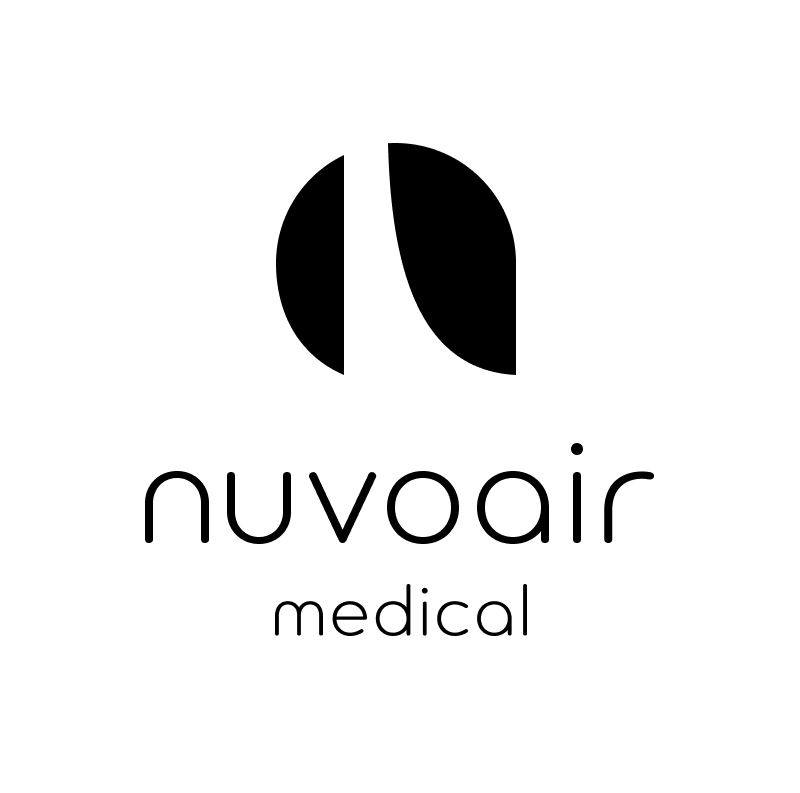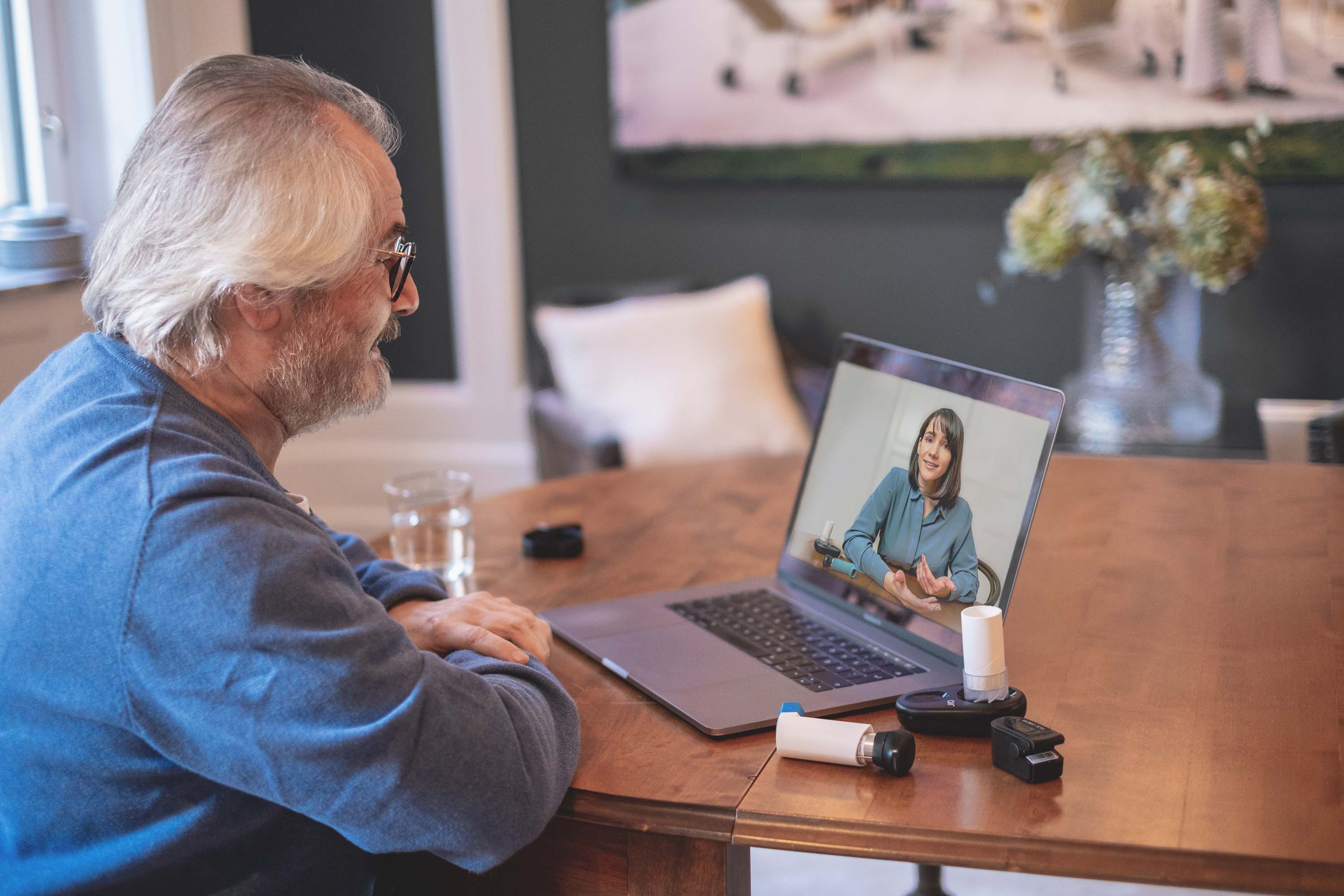How to Manage COPD: Early Detection and Management of Flare-Ups
Introduction:
Living with Chronic Obstructive Pulmonary Disease (COPD) means facing daily respiratory challenges. For many, the risk of sudden flare-ups, also known as exacerbations, is a constant worry. A flare-up is when COPD symptoms suddenly worsen, and it can be triggered by infections, air pollution, or other irritants. Detecting and managing these flare-ups early is essential to prevent severe complications. In this post, we’ll explore how to recognize early warning signs and outline key management strategies.
What is a COPD Flare-Up?
A COPD flare-up is an intense worsening of symptoms, which can lead to increased shortness of breath, coughing, or wheezing, and often requires additional medication or medical intervention. Flare-ups can lead to hospital visits if not managed promptly, and they can worsen the progression of COPD over time. Knowing how to detect and respond to early symptoms can make a world of difference.

Recognizing Early Warning SignsCatch a flare-up before it becomes severe by watching for these signs:
- Increased shortness of breath: Even simple activities become difficult.
- Changes in mucus: The amount, color, or thickness of mucus may change.
- Intensified cough or wheezing: Often worsens with physical exertion.
- Fever and fatigue: Common with infections, which often trigger flare-ups.
It’s vital to track your symptoms daily, so you notice any subtle changes that could indicate an approaching flare-up.
How to Manage a Flare-Up
If you notice the signs of a flare-up, here are immediate steps to take:
- Use your prescribed rescue inhaler to relieve symptoms.
- Increase your oxygen therapy (if prescribed) to help with breathlessness.
- Follow your COPD action plan provided by your healthcare provider.
- Stay calm and breathe slowly: Anxiety can worsen breathlessness, so focus on controlled breathing.
How NuvoAir Medical Supports Flare-Up Management
With remote monitoring tools from NuvoAir Medical, you can track changes in lung function and symptoms from home, helping to alert you to potential flare-ups sooner. NuvoAir’s app also allows you to share this data with your healthcare team, enabling timely intervention before symptoms worsen.
Conclusion:
COPD flare-ups are serious but manageable with early detection and quick action. Stay informed about your symptoms, have a solid action plan, and consider remote monitoring to support your COPD management. Reach out to your healthcare provider to discuss these options and prevent flare-ups before they escalate.




